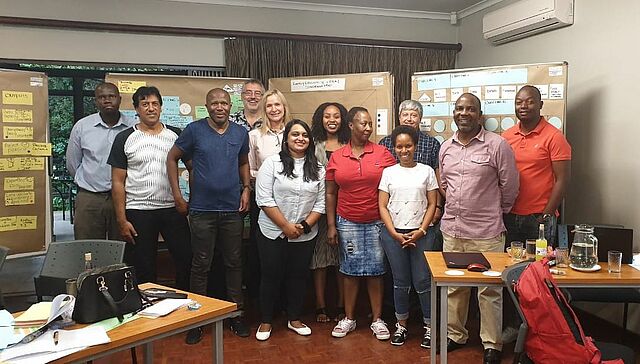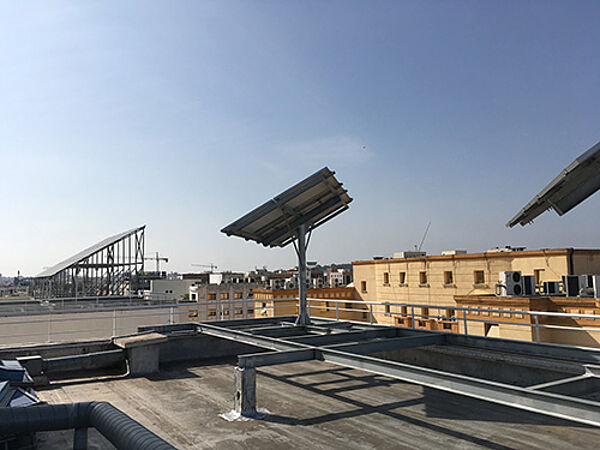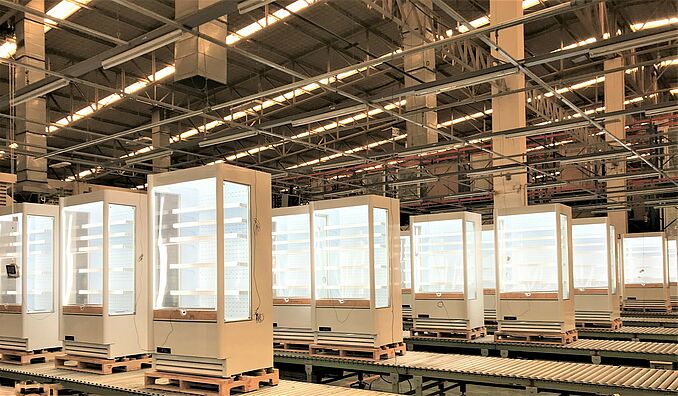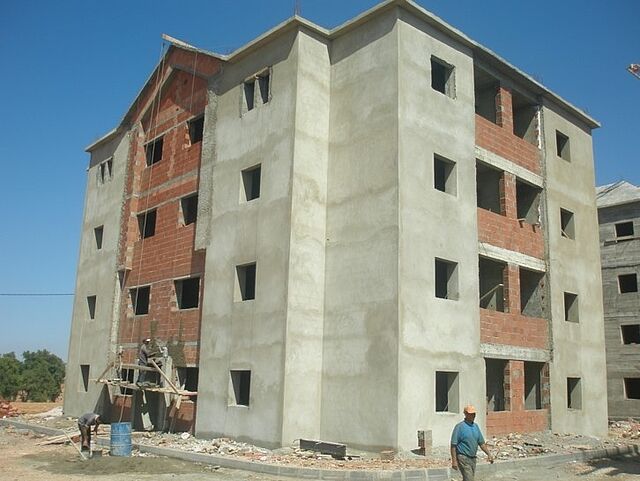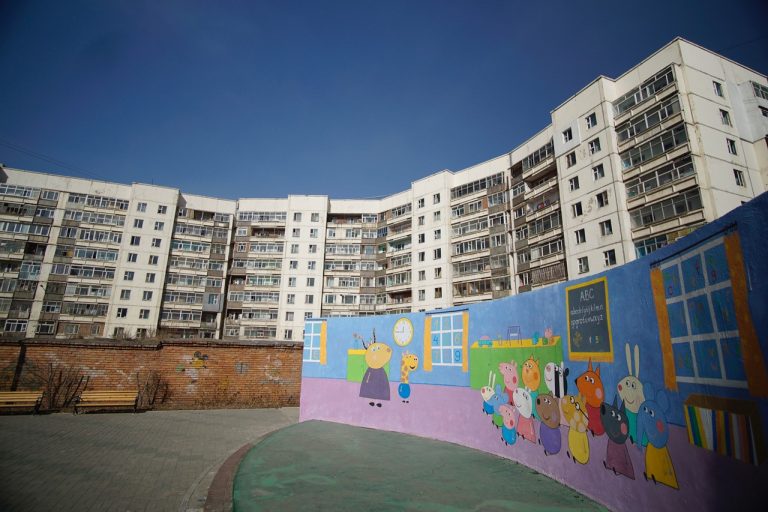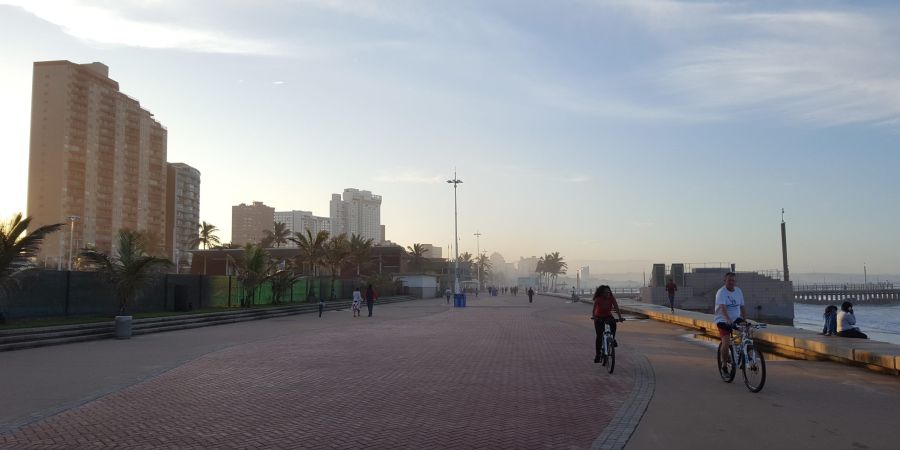
Background: South Africa’s greenhouse gas (GHG) emissions are high, in both absolute and per capita terms, due to a reliance on coal-based electricity and inefficient energy use. Notwithstanding the financial savings potential, energy efficiency implementation within public buildings and infrastructure has been limited due to capital and resource constraints.
Approach to Transformational Change: The project “South Africa – Energy Efficiency in Public Buildings and Infrastructure Programme (EEPBIP)” aims to catalyse an energy efficiency transformation within the public sector, through investment risk mitigation and the provision of technical support. The project will introduce a comprehensive framework for promotion, identification, financing and implementation of energy efficiency measures in buildings. The target group and direct beneficiaries of the project are municipalities and the provincial and national government as owners of public buildings and infrastructure, while indirect beneficiaries are energy service companies (ESCOs) with access to finance, alongside clear and transparent procurement procedures. The EEPBIP will support the growth of the ESCO market, increasing skills and supporting job creation and enterprise development, especially for emerging small-medium enterprises (SMEs).
EUR 10 million will be used to introduce a Partial Credit Guarantee scheme to reduce the risk for lender and ESCOs to incentivise energy efficiency project implementation in the public sector. The project aims to leverage EUR 23 million and EUR 71 million from the public and private sector respectively. The Partial Credit Guarantee is not seen as a long-term permanent solution, but a tool and catalyst to foster transformational change, whereby public and private sector investment in energy efficiency in public-sector entities is increased to maximise the GHG emission reduction and energy savings potential.
Mitigation potential: The project will directly reduce 4.2 Mt CO2e though the lifetime of its interventions, with the cost efficiency of 16 EUR/tCO2e during the intervention’s duration.

